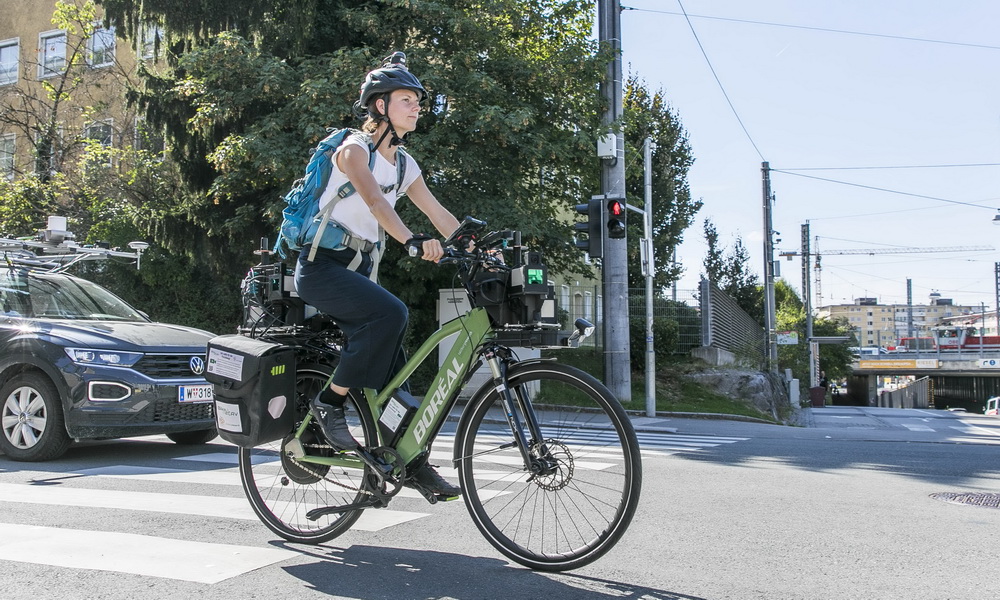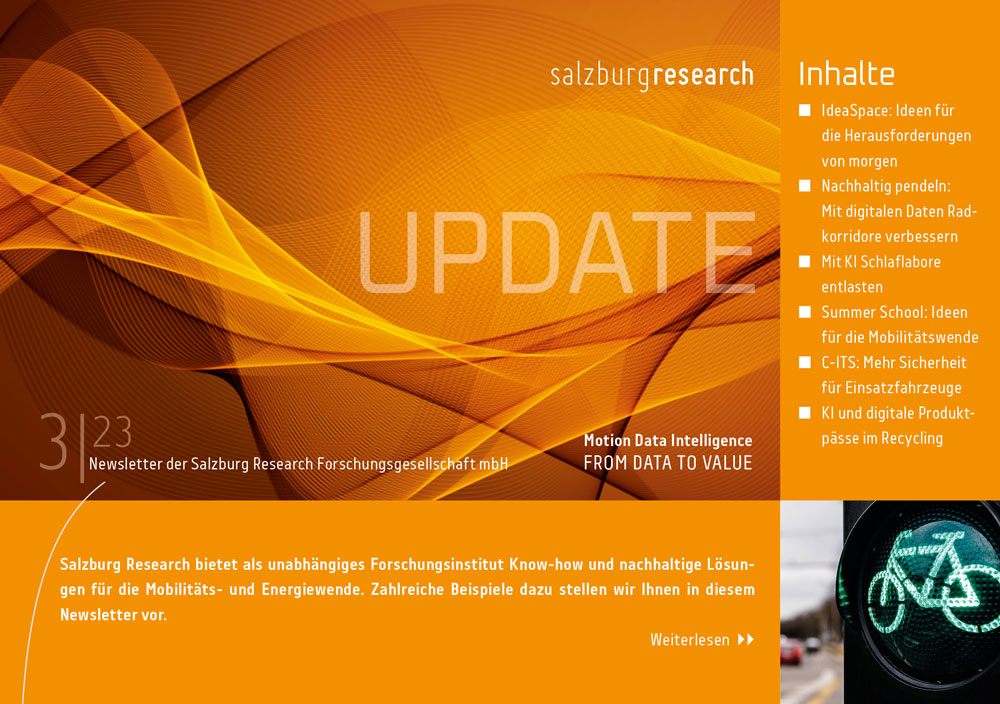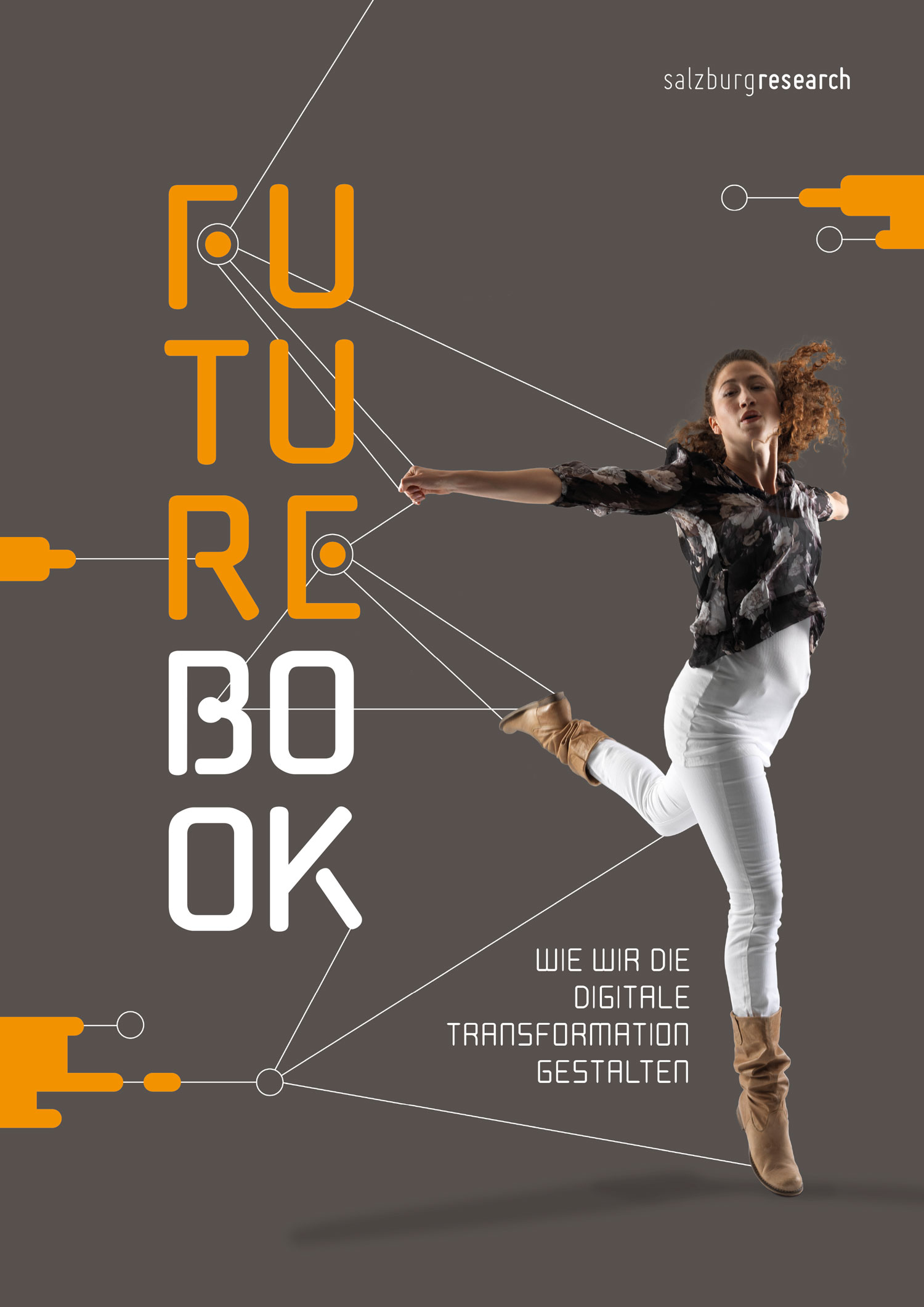CONFIDENCE – Mobility Safeguarding Assistance Service for People with Dementia
The CONFIDENCE project aims at providing mobility and safeguarding assistance services to people suffer from mild to moderate forms of dementia. It intends to develop a novel community-enabled mobility safeguarding assistance service that combines “assistive technologies” with “personal help”.
»
OFSE_Grid – Open Flow Secure Grid
The potential of Open Flow for becoming a next generation Smart Grid communication infrastructure will be explored. Both the energy domain and the classical IP networking get their own router stack sharing the physical and L2-VPN layer. The project analyses the relevance of the scientific open questions, evaluates the modelling methods and performs validations with a rapid prototype.
»
Wudoku
According to international studies 5 – 25 % of all patients with limited mobility (slow-goes and no-goes) are affected by bedsore (lat. decubitus). For prophylaxis and treatment of decubitus, a system will be developed, capable on the one hand to actively involve people with high decubitus risk in decubitus prophylaxis, and which on the other hand eases the encouragement of high risk patients by professional caregivers.
»
PIK – Patient transport management in a crisis
PIK supports emergency response organizations in crisis situations providing automated disposition support of operating resources and to automatize communication with hospitals.
»
SNML-TNG: Salzburg NewMediaLab – The Next Generation
Research on the socio-economic and the technological level in the fields of Social Computing, Social Media & Enterprise 2.0, Semantic Web & Linked Data, and Multimedia Annotations.
»
ServicePLAN+ – dynamic vehicle disposition in the service-industry
In the project ServicePLAN+ a pilot system will be developed and evaluated to calculate inter-modal tours that support dynamic vehicle disposition in the service-industry.
»
SUEHC – Securing Urban Extramural Health Care
Optimising and securing the delivery of mobile care services in urban as well as in rural areas in case of catastrophes (for example, in case of flooding). SUEHC examines the critical infrastructure for possible disruptive figures.
»
SafeMotion – integrated mobility safeguarding assistance system for patients suffering from dementia
The project “SafeMotion” will develop and evaluate a new, integrated mobility safeguarding assistance system for patients suffering from dementia with “medium severity”. The goal is to adapt the system for the needs of the patients as well as their immediate surrounding by using an adaptive rule based system so that the best possible support is provided in everyday situations. The cornerstones of this concept are: complete integration of system components into everyday objects, a minimal configuration overhead, and highest reliability of alarms in a distress situations.
»
myTV – my Semantically Enhanced Personalized TV Experience
myTV’s aim is to support Austrian IPTV providers to reach the next level in the Internet TV evolution by providing methods and tools that lower the hurdles for content and infrastructure providers.
»
STEP – online measurements for dispatching of waste disposal vehicles
In STEP, a prototype of a planning system will be developed and that uses online measurements from waste containers for the dispatching of waste disposal vehicles. Waste container measurements such as fill-level and temperature will be integrated into a mathematical planning-procedure to calculate and visualize optimal routes for daily, demand-driven waste disposal using large containers.
»
iMedication – a Rule-based Expert Network for Intelligent Medication
Safe medication is a growing concern in the health sector. Doctors are no longer able to keep abreast of the steadily growing amount of drugs and their potential for unintended interactions and adverse drug events (ADE).
»
ways2navigate – navigation for pedestrians
The aim of ways2navigate is to close effectively information deficit of pedestrians with novel navigation technologies. The project studies with the help of iterative user experiments which conditions and which target groups are suitable for digital map, language and Augmented Reality technology in order to support pedestrians in an urban environment.
»
(e-)Accessibility Watch
With the BarrierefreiheitsChecks accessibility test, tourism providers can find out in a mere five minutes whether their facility is handicapped accessible and what further opportunities and potentials accessible tourism offers for them. In addition, we developed a certification system for the accessibility of accommodation providers.
»
(e-)Access Lab
Lead users and workshops helped identify the individual problems and needs of people with disabilities in the field of skiing. For innovation reports from the workshops and compact case studies please visit the platform www.active4all.eu.
»
ICT-enhanced Equipment Prototyping and Testing
The sporting goods industry often doesn’t gather client and user feedback in a systematic way. Through structuring and electronic processing of the gathered data, this project tries to bridge that gap. The results obtained from this process can be used for future strategic decisions in the field of product development.
»
FEMroute – Consideration of gender-specific requirements for mobile services
So far the producers of mobility supporting systems have often used little more than fancy packaging and design to reach out to female customers. The underlying software solutions, however, usually have been remained unchanged. Female-specific factors in spatial perception and navigation were either not considered sufficiently, or not at all. This ignores studies that have shown gender-specific differences concerning orientation and strategies of path-finding.
»
emteba – Emerging Technology Base
The emteba knowledge base addresses users and experts in emerging technology fields. The aim of the emteba platform is to boost the visibility of projects in these areas and contribute to the emerging web of linked data.
»
sAssist – mobile assistive systems for the elderly
Study to evaluate the potential and acceptance of mobile assistive systems for the elderly
»






